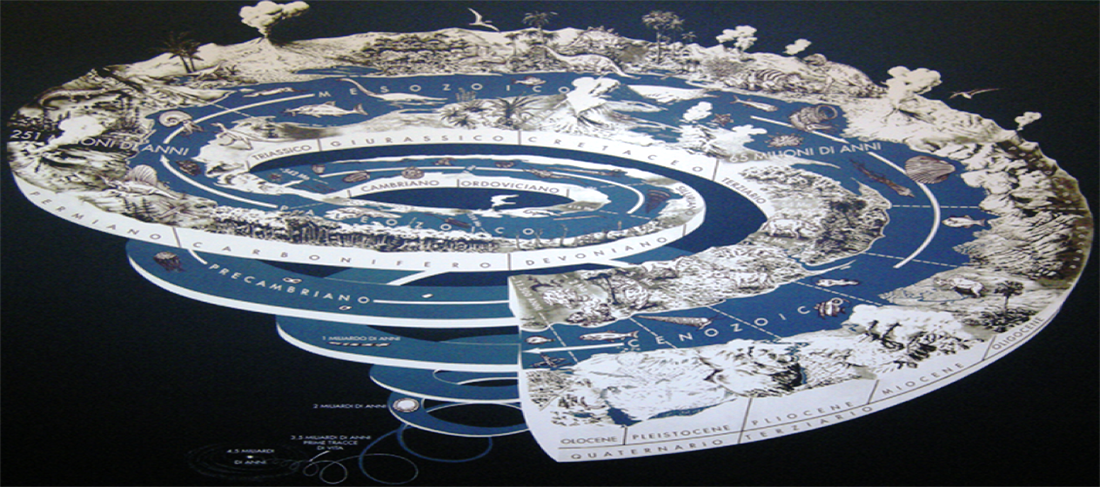
OBJECTIVES OF THE DOCTORAL PROGRAMME
The objectives of the doctoral programme are multiple and aim to train highly qualified and competent researchers.
The programme seeks to:
-
Provide doctoral candidates with advanced methodological and scientific training, enabling them to conduct original research autonomously and innovatively.
-
Deepen discipline-specific knowledge while simultaneously fostering cross-disciplinary expertise, thus training scholars capable of contributing to scientific and technological progress.
-
Support research in the fields of Evolutionary Biology and Adaptation, Ecology, and Environmental Sciences.
-
Promote the generation of new knowledge and technologies, encouraging the development of solutions to complex societal challenges related to emerging issues such as climate change, the effects of environmental contamination and mitigation strategies, sustainable development, and the concept of environmental health (One Health).
-
Encourage the integration of different disciplines in order to address research questions through a holistic approach.
-
Prepare doctoral candidates to operate in an international context by promoting academic mobility and collaboration with institutions in other countries.
-
Develop transferable skills, including scientific communication, project management, research ethics, and teamwork abilities.
-
Prepare doctoral candidates for both academic and non-academic careers, facilitating their integration into highly qualified professional sectors.
-
Promote the application of generated knowledge to the solution of real-world problems, contributing to sustainable development and societal well-being.

The Doctoral School therefore aims to train not only researchers, but also professionals capable of exerting a positive impact on both society and the academic community.
To this end, the following intermediate educational objectives are pursued: full acquisition of the experimental method; the ability to identify relevant variables under different experimental conditions; in-depth knowledge of state-of-the-art experimental methodologies, spanning from real-world environments (wet laboratories using in vitro and in vivo experimental models, as well as fieldwork conducted in a wide range of marine and terrestrial environments) to virtual environments (including bioinformatics, statistical data analysis, and the use of artificial intelligence); development of skills for the systematic collection and management of experimental materials and data through appropriate computational methods that facilitate data exchange within the broader scientific community; acquisition of advanced knowledge of modern and appropriate data analysis techniques within the respective fields of investigation; familiarity with and regular use of relevant scientific databases; continuous engagement with and updating of the pertinent scientific literature; development of clear and concise scientific communication skills; ability to identify the implications of one’s research in forensic science and in areas related to public health, food and industrial production, as well as the management, conservation, and valorisation of natural resources and cultural heritage; development of interpersonal and collaborative skills within national and international working groups that include not only researchers but also representatives from industry, services, and civil society; and initial training in project design for future research activities.